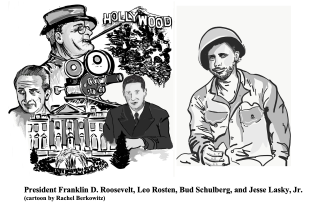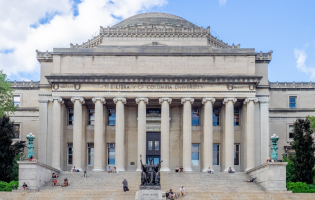The Birkbeck Institute for the Study of Antisemitism is a centre of innovative research and teaching on antisemitism, racialization and religious intolerance. It contributes to knowledge and understanding, policy formation and public debate.
The Birkbeck Institute for the Study of Antisemitism was established in 2010 by Birkbeck, University of London and Pears Foundation.
We are the only university centre in the UK dedicated to the study of antisemitism and one of only two in Europe. The Institute is renowned internationally for its innovative research and teaching.
Our work is framed by our conviction that antisemitism is a distinctive form of racism. Through our research and public activity we establish points of connection between the problem of antisemitism and the challenge of racisms more broadly.
Our scholarship contributes to public debate on antisemitism, racialization and religious intolerance and we provide expertise and advice to a wide range of institutions in the UK, Europe and the wider world.
The Birkbeck Institute for the Study of Antisemitism is both independent and inclusive.





Leo Roepert will examine how the concept of racism is represented in two influential strands of social theory: postcolonialism and Marxism and how this is shaped by each strand’s underlying assumptions as well as their respective limitations.

Michael Berkowitz reveals the elusive story of Jewish Hollywood’s role in World War II.

An interview with David Feldman on antisemitism in Britain and what can be done.

This report shows how antisemitism is a stain on UK society but current responses to tackling the problem are not working. The report calls for a new approach to both thinking about and combating antisemitism; one that is based on building alliances between Jewish people and other racialised minorities and employs a 360-degree anti-racism.

Pavel Brunssen traces how both Jewish and non-Jewish actors perform Jewishness, antisemitism, and philosemitism within European football cultures over the twentieth and twenty first centuries.

In this lecture, Professor Dov Waxman will consider not only the problem of antisemitism on US campuses but also how it has become a subject for political intervention and controversy.

Kenan Malik explores the erosion of the barrier between far-right and mainstream ideas, the resurgence of racism and what our response should be.

The relationship between antisemitism and other forms of racism and exclusion is not only a historical question. It is an urgent issue for today.
Professor David Feldman, Director